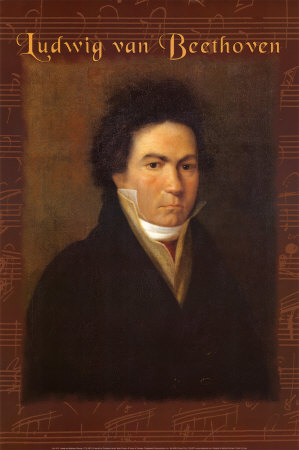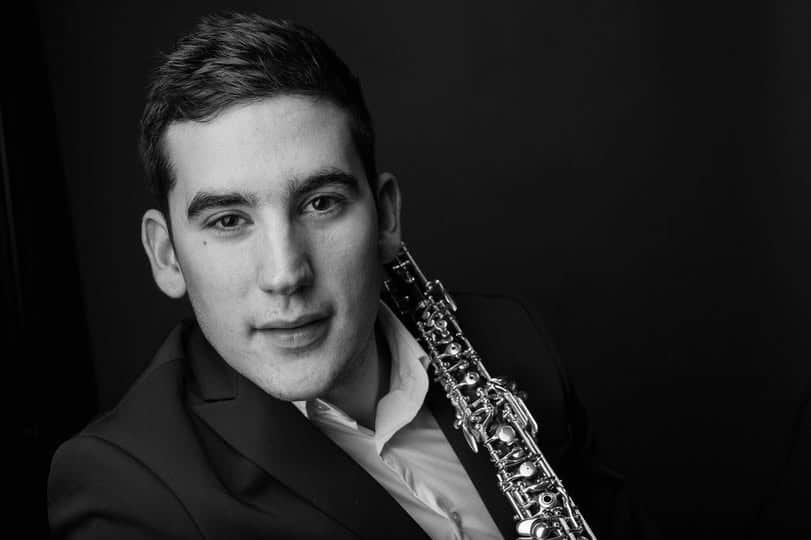A Beethoven a Day: His first published work
mainWelcome to the 18th work in the Slipped Disc/Idagio Beethoven Edition
Piano trios, opus 1 (1791-5)
Beethoven laboured long and hard to get these three trios ready for publication. He wrote the first in Bonn when he was just 20 in 1791 and revised it extensively. The second and third followed in Vienna in 1794-5 and all three were premiered and published together.
The first, in E-flat major, owes its trills and thrills to Mozart, who had just passed away, but the length of line and the confidence of expression was pure Beethoven, a swagger sustained in the G major of the second trio. Haydn is said to have taken exception to the third trio, in C minor, though it’s hard to see why. The opening page is so infectious that it sold like hot wurst in the streets of Vienna, giving Beethoven his first real payday and allowing him to continue his vocation without resort to hackwork.
The choice for listeners is threefold – between an established trio like the Beaux Arts, an ad hoc star combo or a bunch of youngsters taking their first steps. Given the earliness of the works and their instant appeal to Viennese amateurs, I’m inclined to the last.
There are many temptations – an early 1950s set by Pablos Casals and pals at his festival hideway in Prades is near irresistible.
And Heifetz, Piatigorsky and Lateiner are on no account to be missed
The Beaux Arts are silky-smooth, sure-footed, a little bland.
Barenboim, Zukerman and DuPre will not disappoint the star-gazers.
I would also throw into the mix Canada’s current Gryphon Trio (Roman Borys, Annalee Patipatanakoon and Jamie Parker), who have to my ears just the right blend of freshness and integration.







Comments